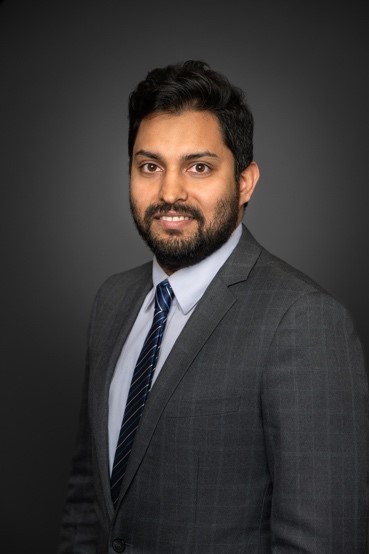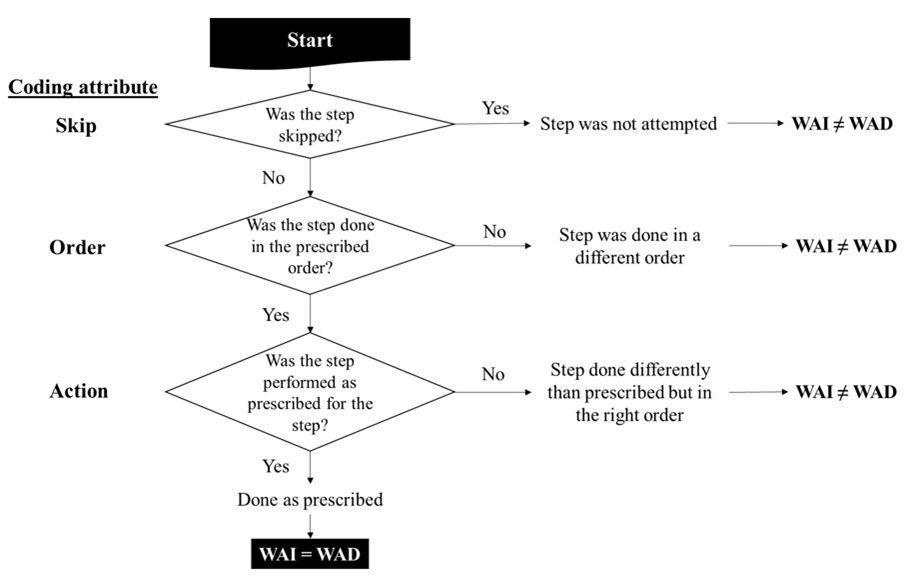Student Wins Ergonomics Award
Posted June 13, 2025
 Congratulations to Atif Mohammed Ashraf, PhD student at Texas A&M University, Department of Industrial and Systems Engineering, for winning the 2025 Dieter W. Jahns Student Award. His major professors are Dr. S. Camille Peres and Dr. Farzan Sasangohar. The award and check will be presented to Atif during the 2025 Aspire Human Factors and Ergonomics Society meeting in Chicago, Illinois. A second $1,000 check will be sent to Professor Sasangohar. Atif’s project, “The Skip-Order-Action Framework: An Approach to Documenting and Analyzing Deviations in Petrochemical Facility Procedures” analyzed how the persistent mismatch between prescribed procedures and actual practices in high-risk petrochemical facilities need procedural adaptations to be effective and avoid potential performance errors.
Congratulations to Atif Mohammed Ashraf, PhD student at Texas A&M University, Department of Industrial and Systems Engineering, for winning the 2025 Dieter W. Jahns Student Award. His major professors are Dr. S. Camille Peres and Dr. Farzan Sasangohar. The award and check will be presented to Atif during the 2025 Aspire Human Factors and Ergonomics Society meeting in Chicago, Illinois. A second $1,000 check will be sent to Professor Sasangohar. Atif’s project, “The Skip-Order-Action Framework: An Approach to Documenting and Analyzing Deviations in Petrochemical Facility Procedures” analyzed how the persistent mismatch between prescribed procedures and actual practices in high-risk petrochemical facilities need procedural adaptations to be effective and avoid potential performance errors.
In petrochemical facilities, procedure-related issues contribute to approximately 70% of process safety incidents, with procedural deviations being identified as significant contributors to major accidents. Despite this critical safety role, studies suggest that 30-45% of procedural steps are routinely adapted or modified during normal operations. This persistent gap between Work-As-Imagined (WAI) and Work-As-Done (WAD) represents a significant challenge for safety management. This project developed a systematic method to identify which procedural adaptations need correction and which might actually represent valuable expertise that should be incorporated into procedure design.
The objectives were to: (1) Create a framework to objectively assess actual worker behavior compared to prescribed procedures and (2) Identify patterns of procedural variations that could inform both procedure design and safety management practices.

SOA Framework Logic Diagram.
The SOA framework makes a significant contribution to ergonomics practice by providing empirical evidence for theoretical principles like the Efficiency-Thoroughness Trade-Off principle. By systematically documenting where, how, and why procedural adaptations occur through objective measurements rather than subjective judgments, this tool transforms our understanding of procedural variations from theoretical constructs to quantifiable phenomena. This objective framework reveals that workers' adaptations often represent sophisticated balancing acts between competing priorities rather than simple non-compliance. The findings challenge traditional compliance-centered approaches and represent an essential first step toward developing adaptive procedures that support rather than constrain performance. The SOA framework provides a tool for safety professionals to systematically analyze procedure use, identify improvement opportunities, and develop more effective safety systems that enhance both safety and performance while respecting the expertise workers bring to their daily tasks.
The Runner Up for this award was Elia Rezaeian; Department of Systems and Enterprises, Stevens Institute of Technology, New Jersey; Navigating AI Integration in Breast Cancer Diagnosis: A Mixed-Method Study on Perceptions, Trust, and Adoption; Professor Onur Asan was the advisor.